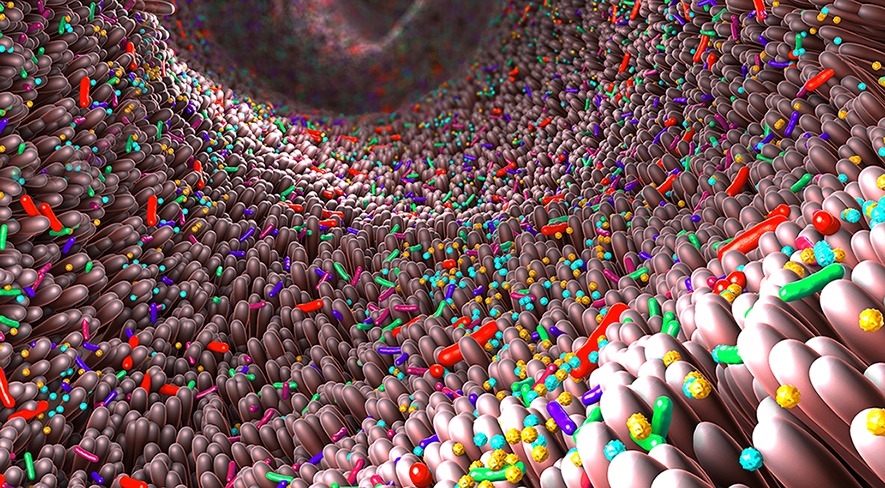Nutrition news: the latest research
Despite what Instagram might tell you, there’s no one single diet that’s best for all people (although some are better than others). But one thing is abundantly clear: eating nutritious whole foods, including plenty of plants, is always the way to go. In nutrition news this week, a study from Sydney University shows just how much of a difference a healthy diet can make when it comes to ageing well and beating disease. Also fresh from the lab, an Edith Cowan University study uncovers an excellent reason to treat yourself to that second coffee. Plus, Queensland researchers address the popular belief that autism is caused by the gut.

Diet vs. drugs: food as medicine
A study comparing the impact of diet versus drugs on the inner workings of cells has found nutrition has a much stronger impact than medication. Research by the University of Sydney’s Charles Perkins Centre suggests the make-up of our diet could be more powerful than drugs in keeping conditions like diabetes, stroke and heart disease at bay.
Conducted in mice, the research showed nutrition (including overall calories and macronutrient balance) had a greater impact on ageing and metabolic health than three drugs commonly used to treat diabetes and slow down ageing.
“We discovered dietary composition had a far more powerful effect than drugs,” says senior author, Professor Stephen Simpson. “Given humans share essentially the same nutrient-signalling pathways as mice, our study suggests people would get better value from changing their diet to improve metabolic health rather than taking the drugs we studied.”

Does the gut cause autism?
In myth-busting nutrition news, a new study led by Mater Research and the University of Queensland has challenged the increasingly popular belief that the gut microbiome drives autism. The study’s findings may put the brakes on the experimental use of microbiome-based interventions. Some people believe things like faecal microbiota transplants and probiotics may help to treat or minimise autism.
The researchers found changes in the gut microbiome of people on the autism spectrum appear to be due to fussy eating. This is more common among autistic children due to sensory sensitivities or restricted and repetitive interests.
“While it’s a popular idea that the microbiome affects behaviour, our findings flip that on its head,” says study author Chloe Yap. “We found that children with autism tended to be pickier eaters, which led to a less diverse microbiome. This suggests that behaviour and dietary preferences affect the microbiome, rather than the other way around.”

Coffee could lower risk of Alzheimer’s
Some cheering news for those of us who can’t face the day without their morning flat white. A long-term study has revealed that drinking greater amounts of coffee could make you less likely to develop Alzheimer’s disease.
Researchers from Edith Cowan University investigated whether coffee intake affected the rate of cognitive decline of more than 200 Australians over a decade. The results showed an association between coffee and several important markers related to Alzheimer’s disease.
Participants with no memory impairments and with higher coffee consumption at the start of the study had a lower risk of transitioning to mild cognitive impairment or developing Alzheimer’s disease over the course of the study.
Drinking more coffee gave positive results in relation to certain domains of cognitive function; specifically, executive function, which includes planning, self-control and attention. Higher coffee intake also seemed to be linked to slowing the accumulation of amyloid protein in the brain. This is a key factor in the development of Alzheimer’s.
For more of the latest nutrition news, check out this heartening research on fats and carbs; and this advice on how to save the planet and your health.









